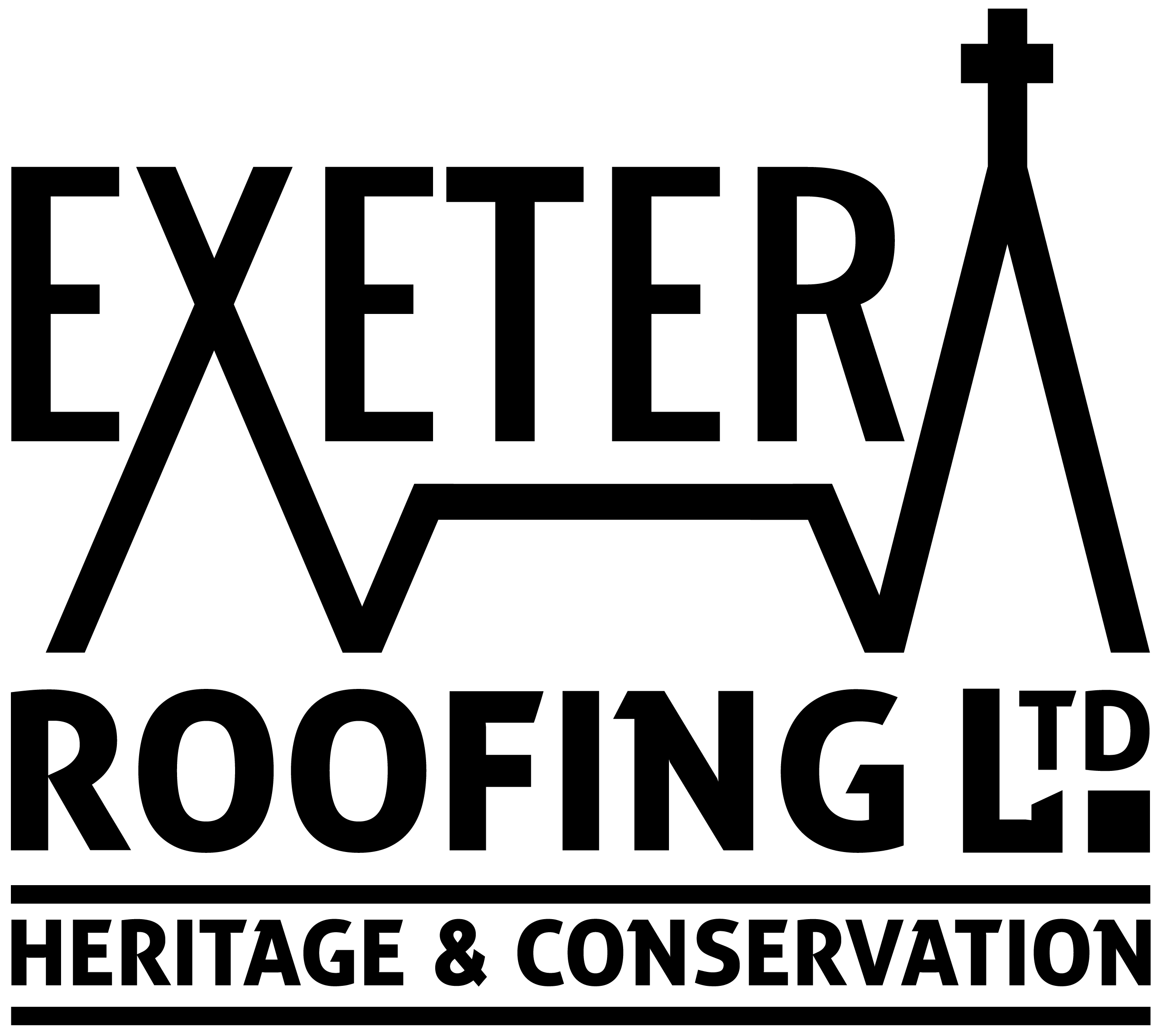If you are unfamiliar with lead roofing, you may be wondering why a heavy metal makes for a suitable roofing material. Here are some of the reasons why lead is used for roofing and what makes it so good for the job.
Extremely durable
One of the main reasons lead is used for roofing is that it is extremely durable against all forms of weather. This is due to the natural weatherproofing of the material and the efficiency of its thermal expansion and contraction.
All roofing materials need to be able to expand when they heat up and contract when they get cold. However, for some materials, consistent movement of this type quickly takes a toll on durability. Lead has a natural flexibility that allows this process to happen without weakening the material.
Long-lasting
Lead is an incredibly long-lasting roofing material and can even last up to 200 years if properly installed, which is why it is often seen on churches and historical buildings. Lead is not used exclusively for old buildings, however, and can also be found on residential properties or modern buildings and is often the material of choice for flashing.
Eco-friendly
It may surprise you to know that lead is also one of the most eco-friendly roofing materials available. Lead roofing is endlessly recyclable because once it has finally reached the end of its lifespan on a roof, it can be melted down and reformed onto a new roof, without any compromise to its weatherproofing or durability. This means that lead roofing produces zero waste and is therefore much better for the environment than some other roofing materials.
Malleable
Lead sheets are light and malleable before they are set and lead also has a relatively low melting point which makes it easy to apply in most roofing applications. Lead’s flexibility is another reason why it has been used so often for the roofs of churches and historic buildings where awkward shapes such as spires need to be covered. It also makes it the perfect material for flashing around chimneys on sloped roofs.
Resistant to corrosion
Another reason why lead is used for roofing is that it has a natural resistance to corrosion. Heavy rainfall, snow and frost can all cause corrosion of roofing materials which deteriorate their ability to keep your home protected against leaks and also prevent heat from escaping. Lead is also highly resistant to sun damage and won’t show many signs of ageing such as fading.
Sealing properties
One final reason why lead is used for roofing, and a key characteristic for any decent roof material, is that it has great sealing properties. It creates a tight fit even around awkward shapes and joints, therefore effectively keeping water and moisture out. This is also what makes it so good for flashing and covering joints that are often a point of vulnerability on roofs where water can make its way into the property.
Whilst lead may not be the first material that comes to mind when you think of roofing, it has been used for this purpose for centuries and continues to be used today for its many excellent properties.
Here at Exeter Roofing, we are highly experienced in lead work. You can get in touch to find out more about what we offer.
All roof work undertaken
Fully qualified for heritage tiling & repair
Fully qualified in traditional roofing works



